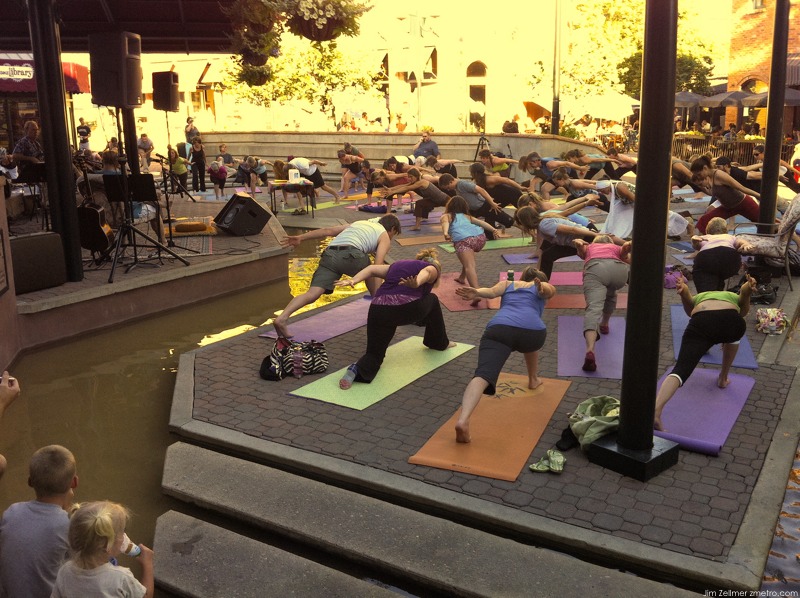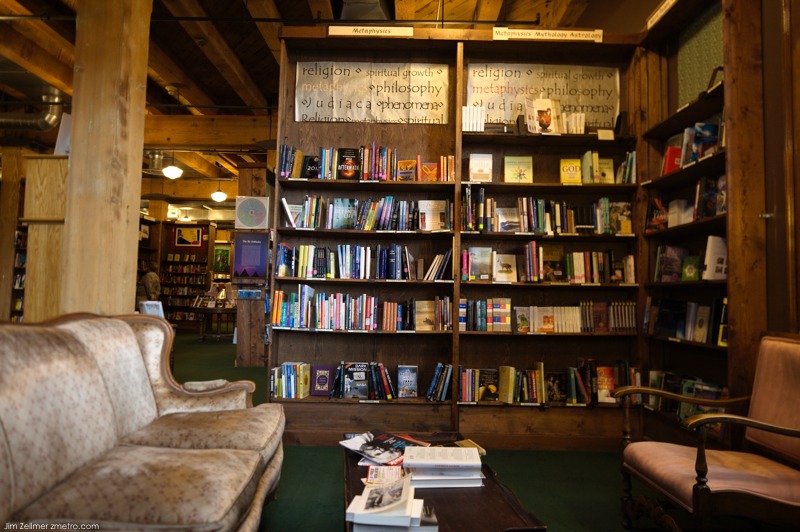New crime prediction software being rolled out in the nation’s capital should reduce not only the murder rate, but the rate of many other crimes as well.
Developed by Richard Berk, a professor at the University of Pennsylvania, the software is already used in Baltimore and Philadelphia to predict which individuals on probation or parole are most likely to murder and to be murdered.
In his latest version, the one being implemented in D.C., Berk goes even further, identifying the individuals most likely to commit crimes other than murder.
If the software proves successful, it could influence sentencing recommendations and bail amounts.
Shades of Minority Report.



